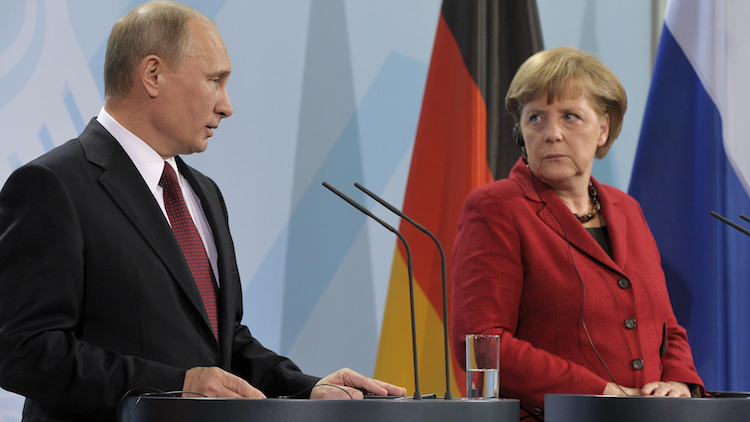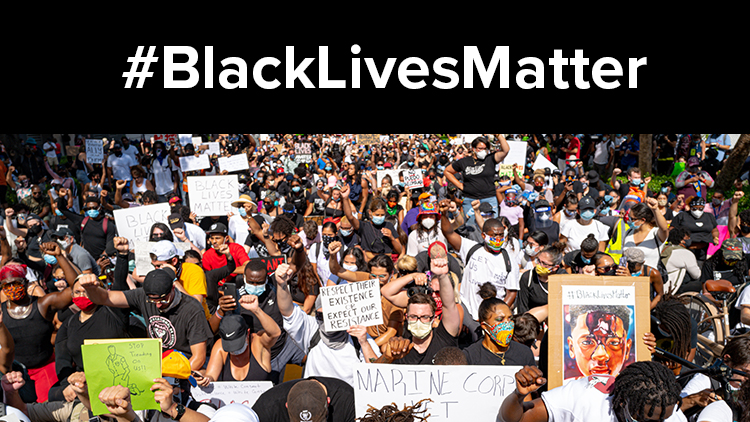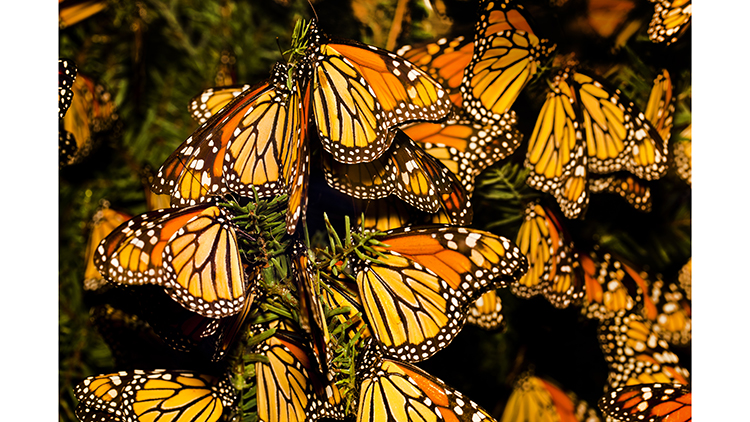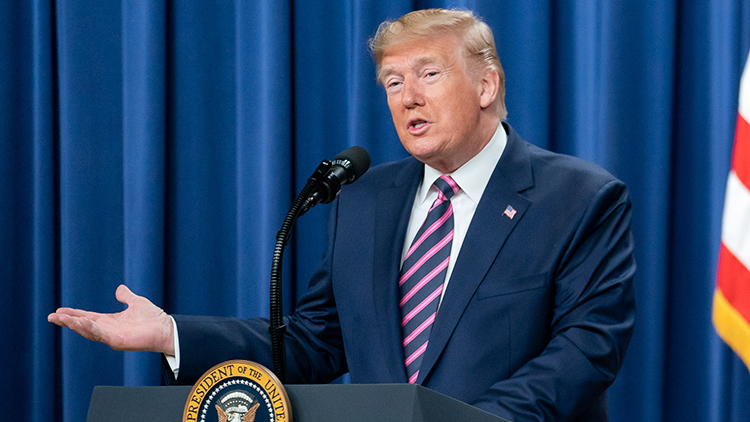
On September 24th, Germany will have an election to decide who will be the Chancellor (leader of the federal government) of Germany. In Germany, people vote for political parties instead of people. Angela Merkel, leader of the Christian Democratic Union, has been Chancellor for three terms, since 2005. Many believe she will win again. Her biggest rival is Martin Schulz of the Social Democratic Party. But both parties share one concern – fake news.
People sometimes call news they do not like or agree with “fake news.” That is not correct. Fake news is completely false news. It comes from sources that look like news sources, but are not news sources. They are designed to sway reader’s opinions by giving wrong information. Fake news spreads quickly on social media sites like Twitter and Facebook because of bots, or automatic accounts that repeat fake news stories so more people see them.
During the United States election in 2016, the FBI determined that many fake news stories came from Russia. Russian President Vladimir Putin disagreed with many of Hillary Clinton’s positions. Many experts believe these stories had the intent of hurting Hillary Clinton’s election chances. Putin has also had many disagreements with Germany’s Angela Merkel. Germany is worried that the Russians are at it again.
At the end of June, the German government made a law against fake news. It will fine (or charge money against) social media companies that do not remove fake news stories from their sites quickly enough. Social media companies are not sure they should decide what news is fake and what news is not. The German government thinks that fake news is dangerous to democracy. They want to protect people from it.
What Do You Think? How do you think fake news affects a democracy? What do you think is the best way for a government to deal with fake news? What are some ways you can spot fake news?
Photo Credit: Aris/Sueddeutsche Zeitung Photo/Alamy Stock Photo



